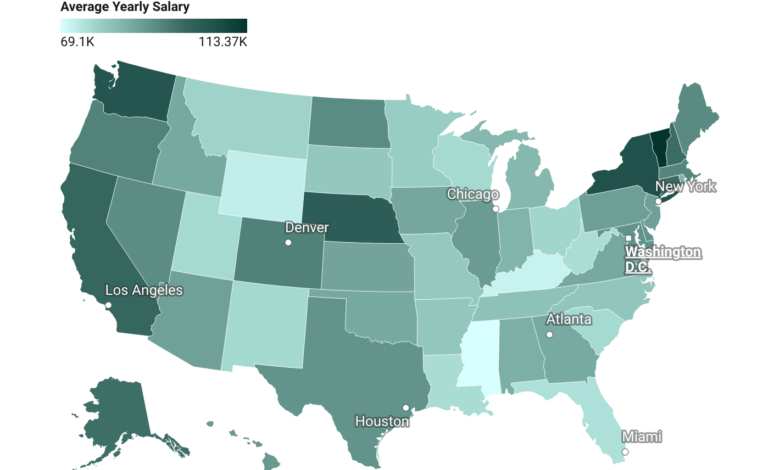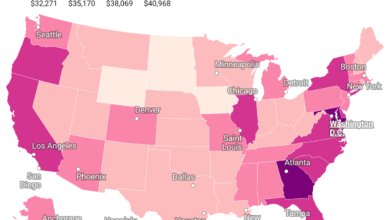Average Real Estate Agent Salary by U.S States 2025

As of January 2025, the average annual earnings for real estate sales agents was $85,220, according to research pulls from the following sources: VanEd, Talent.com, The Perry Real Estate College, Colibri, The Close, The CE Shop, FastExpert, Agent Advice, Zippia, Glassdoor, Indeed, and ZipRecruiter. How much money real estate agents make per year, however, depends on several of factors, such as number of real estate transactions, and commission fees.
Real estate is more than just buying and selling—it’s about building relationships, leveraging expertise, and implementing strategic approaches. Earnings in this industry can vary greatly, but by understanding key factors and adopting smart strategies, you can position yourself for success.
The top five states with the highest average salaries for real estate agents are Vermont, New York, Nebraska, Washington, and Connecticut. However, while these states offer strong earning potential, they may also require a greater financial investment. For example, New York boasts high salaries but also has one of the nation’s highest costs of living.
If you’re thinking about relocating to one of these states, it’s wise to connect with local brokers to gather insights and make informed choices. Additionally, keep in mind that licensing requirements vary from state to state.
The lowest-paying states for real estate agents
Mississippi, Florida, Wyoming, Kentucky, and Montana are among the states where housing prices tend to be lower, which directly affects the commission-based earnings of real estate agents. In Florida, a higher number of agents per capita leads to increased competition, ultimately driving down commission rates.
What factors impact the average salary of a real estate agent?
Real estate offers unlimited earning potential, with commissions driving your income. Several factors influence how much you take home. Market conditions play a significant role—when the market is thriving, property values rise, transactions increase, and commissions grow. During slower periods, success depends on building strong relationships and uncovering opportunities that others might overlook. Location also impacts earnings, as agents in high-value markets like California or New York typically earn larger commissions, while those in smaller areas often rely on higher transaction volumes or niche expertise.
Specialization can further boost income, as working with luxury homes, commercial properties, or unique market segments allows agents to position themselves as experts and command higher fees. Brokerage affiliation is another key factor, as commission splits vary widely. New agents often give up a larger percentage to their brokerage, whereas experienced professionals can negotiate better terms or even transition to independent models to retain more of their earnings.




